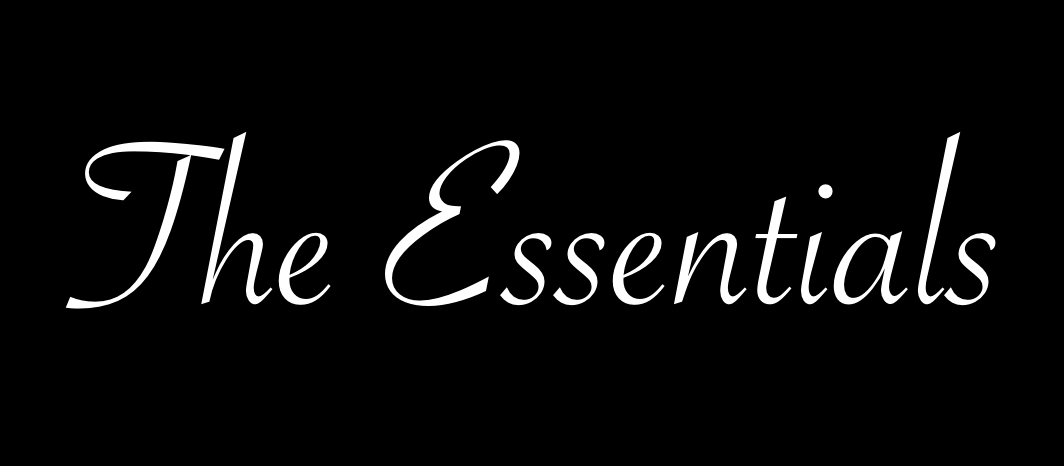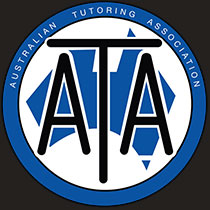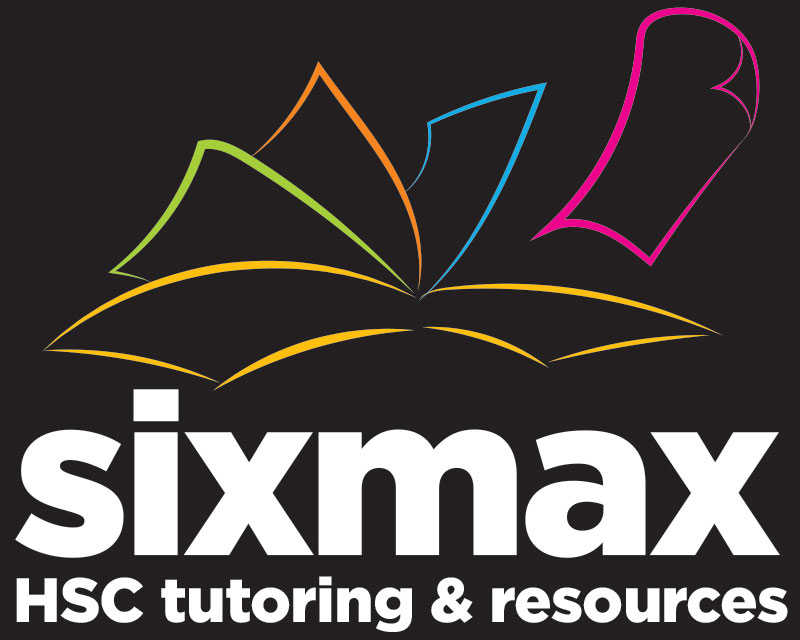Blog Posts
The Essentials

Copyright C.J.Lindsay 2020
The first and most important thing is not just to read and watch but to read and watch critically. You need to notice how texts are put together according to the conventions of different genres, basically you just need to pay attention to what the composer is doing, how it is being done, and most importantly, why it is being done. To do this you first need to recognise that every text you encounter, be it a song, poem, movie, book, advertisement or anything else, is manipulating you. If you have ever laughed in a movie it is because the director made you laugh. If you have ever cried in a movie it is because the director made you cry. Being aware of this will help you recognise the methods composers use to achieve this, and then you will understand how you can do the same thing to have an impact on your audience.
These are the elements that make up good writing, and I plan to refer back to this list in more detail in subsequent posts.
- SHOW, don’t tell.
What’s the difference?
- a) The knight was brave.
- b) The dragon swooped down, spewing forth fiery death, but the knight stood his ground.
The second sentence, through description, doesn’t just tell the reader that the knight is brave, his bravery is demonstrated (SHOWN) in the description. Using the five senses of sight, hearing, smell, taste and touch is a good basic way of getting your descriptions going. I find that writing in third person gives more freedom to do this.
- Describe your character when he/she is doing something
For example: 'She got his attention with a single flick of her bright blue eyes.'
- Make your dialogue natural
Dialogue is not for exposition (telling the story) it has to carry meaning. Make sure your characters react to each other and reveal something about themselves through what they say.
- Don’t tell a whole life story
You don’t have time, just focus on a MOMENT and its MEANING for the character.
- Avoid telling a linear story
Start with the end, flashback to the beginning and then fill in the blanks to get back to where you started.
- Aim to deal with more than one ASPECT (mental/intellectual/emotional/moral) of your abstract noun.
You want to make your story about something meaningful, not just a string of events. Even a story as simple as the Three Little Pigs is about IDEAS such as laziness, community and cooperation - All of these are abstract nouns. Try to make your exploration of the idea as complex as possible.
- Art is life with the boring bits taken out, so take them out
Have you noticed that superheroes never have to go to the toilet? That’s because the boring bits are taken out of the stories. So…
- Never get woken up by your alarm clock
- Never eat breakfast/lunch/dinner
The only exception to this is that these things are vital to the story. For example you might include a meal in your story if it helps you to show that your characters are poor/rich.
- Get literary
You need to include techniques such as similes, metaphors, imagery, alliteration, assonance etc.
- Appropriate! Referencing other texts shows a breadth of knowledge of English literature.
- Put your characters where they would least like to be
Happy people don't take risks, but people who are unhappy or desperate will take risks (physical or emotional) and this puts them in danger. unhappy people in danger is the definition of drama, but it also helps with characterisation.
- Characterisation
Make sure your character GROWS through the experience of the emotional/physical danger. This basically means the character has changed his/her attitudes to the themselves and the world around them.



